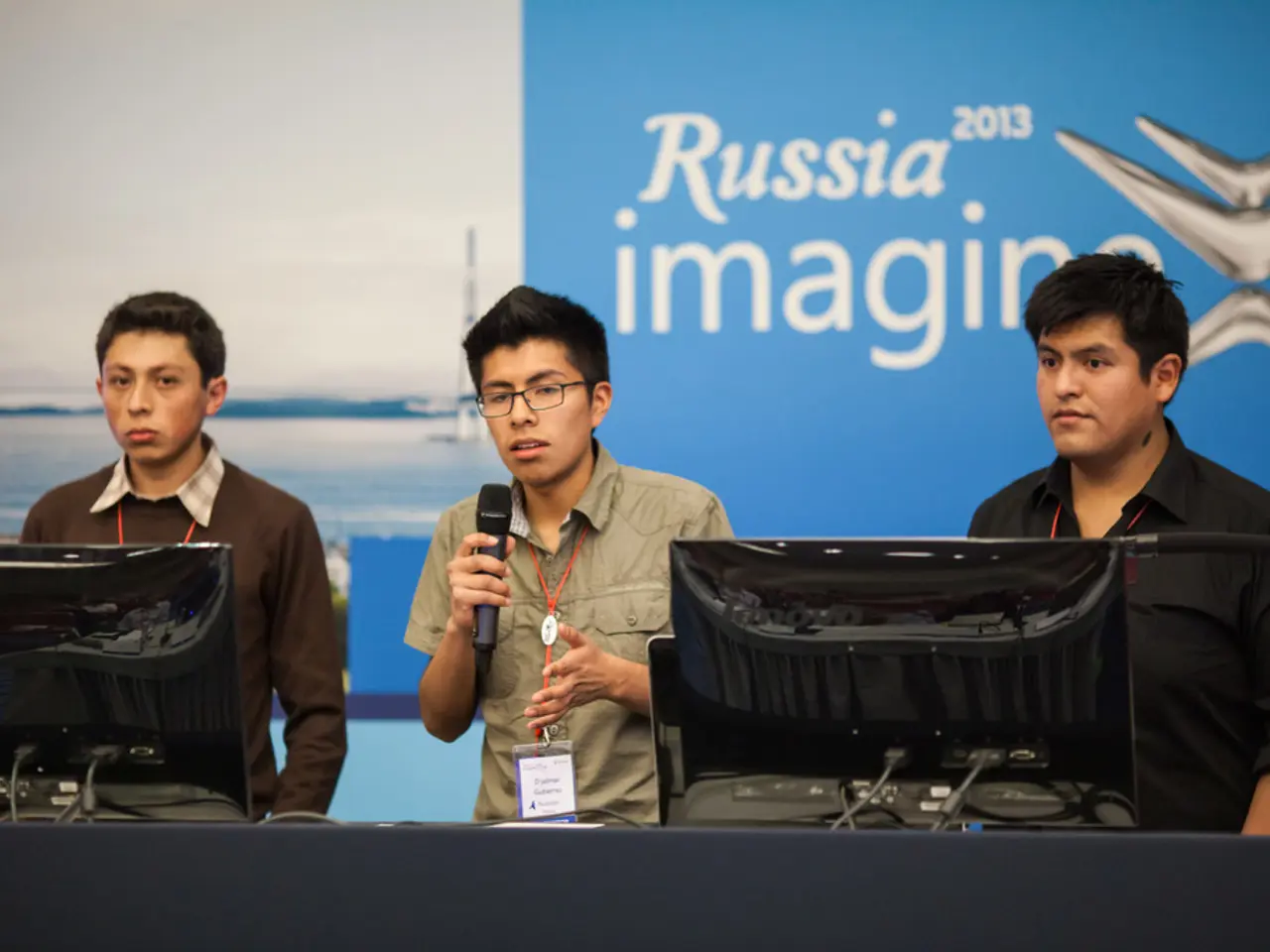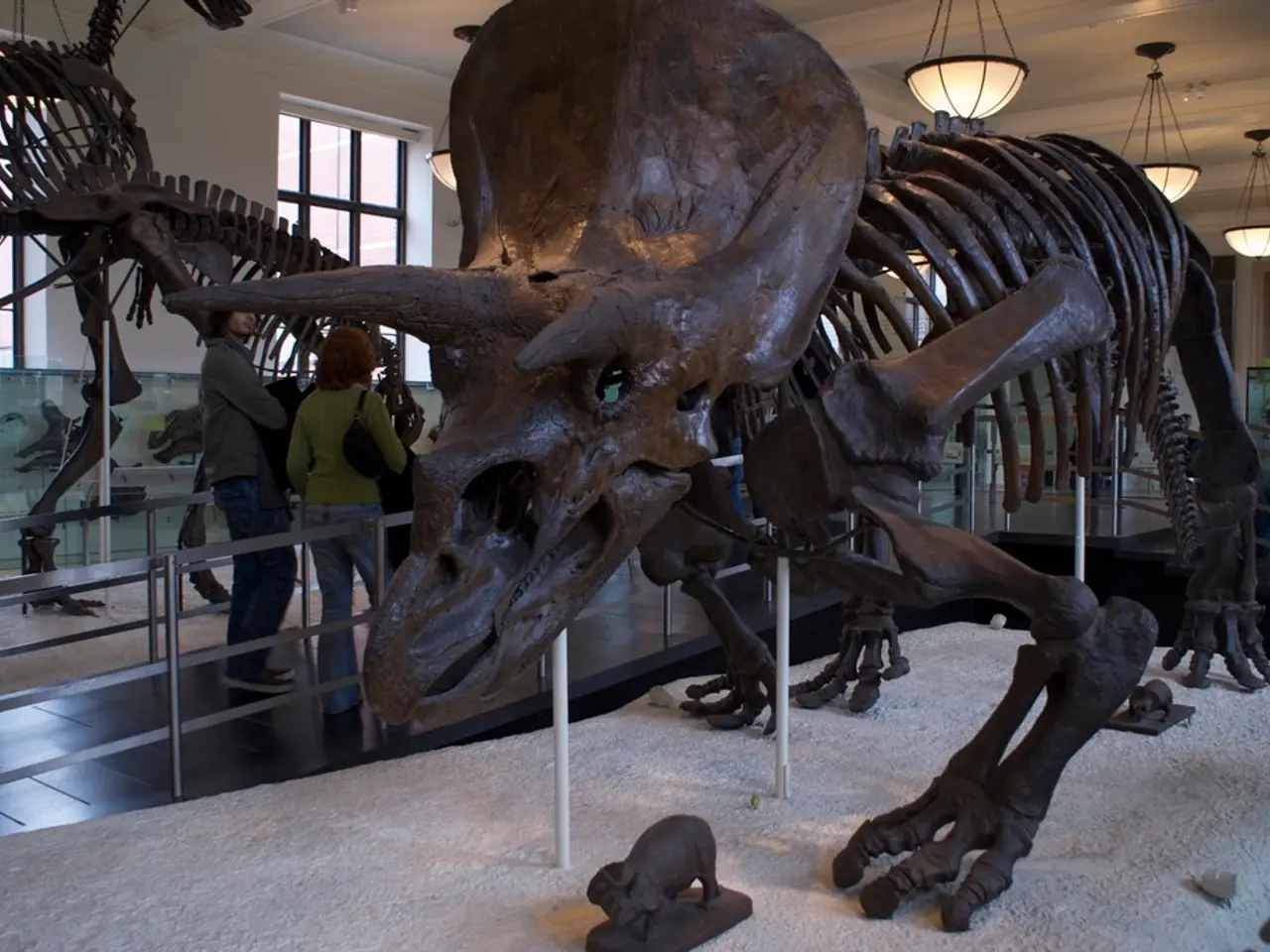Approximately 850,000 individuals from Moldova have acquired Romanian citizenship up to the present day.
Romania is witnessing a surge in the number of Moldovan citizens seeking Romanian citizenship, a trend that has been on the rise since 1991. The Ministry of Justice in Bucharest has launched a digitalization project, funded through the National Recovery and Resilience Plan (PNRR), with an investment of RON 8.89 million (EUR 1.75 million), to modernize the citizenship application process and address the growing demand.
The special relationship between the two countries, sharing a rich common culture, history, and language, is a significant factor contributing to this trend. The Republic of Moldova and Romania have a history of shared citizenship, with many Moldovans holding Romanian citizenship. This shared heritage, coupled with practical benefits tied to EU membership, has driven the increase in applications.
Historical and cultural ties, as well as political and economic motivations, have played a crucial role in this trend. Many Moldovans claim Romanian citizenship based on ancestry or ethnic heritage, as Moldova was part of Romania before World War II. Romanian laws allow descendants of Romanian citizens, including those from Moldova, to apply for citizenship by restitution. Gaining Romanian citizenship provides Moldovans with access to the European Union’s freedom of movement, employment opportunities, social benefits, and enhanced travel rights. Additionally, tensions between Moldova and Russia, as well as the desire for closer ties with the EU, have encouraged Moldovans to seek Romanian citizenship as a pathway to European integration.
Despite the efforts to modernize the process, Romania is currently facing a large backlog with over 150,000 pending citizenship applications from Moldovans. The process involves verification of documents proving Romanian descent, identity checks, and legal formalities that can be time-consuming.
In response to this backlog, Romania is likely exploring or planning measures such as digitizing application procedures to reduce paperwork and accelerate processing times, increasing staffing and resources for citizenship offices to handle demand, and streamlining legal frameworks to clarify eligibility and reduce bureaucratic hurdles. These modernization efforts would aim to improve efficiency, reduce waiting times, and better serve applicants from Moldova.
The digitalization project, currently underway, aims to improve the efficiency of file management and respond to citizenship application cases more quickly. The average waiting time for a decision on a citizenship application from Moldovan citizens is approximately 3 years. This project is expected to significantly reduce this waiting time.
Sources: - Data from the National Citizenship Authority in Romania - Ministry of Internal Affairs and the Ministry of Justice in Bucharest, Romania - [1] Article on "The Growing Tide of Moldovan Citizens Seeking Romanian Citizenship" (URL not provided) - [2] Article on "Romania's Digitalization Project for Citizenship Application Process" (URL not provided)
Policy-and-legislation changes, such as streamlining legal frameworks and digitizing application procedures, are being considered to address the growing backlog of citizenship applications from Moldova. Politics, including the desire for closer ties with the EU and tensions with Russia, have fueled the surge in Moldovan citizens seeking Romanian citizenship.







